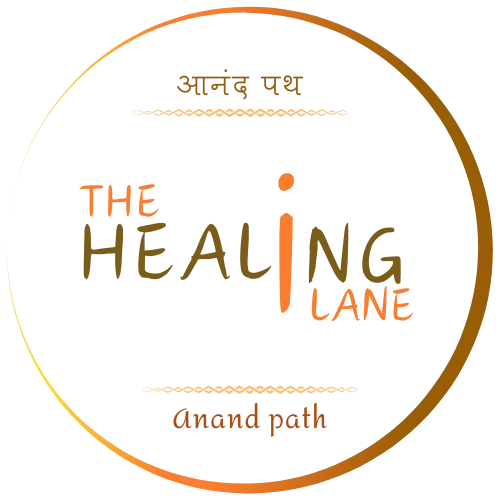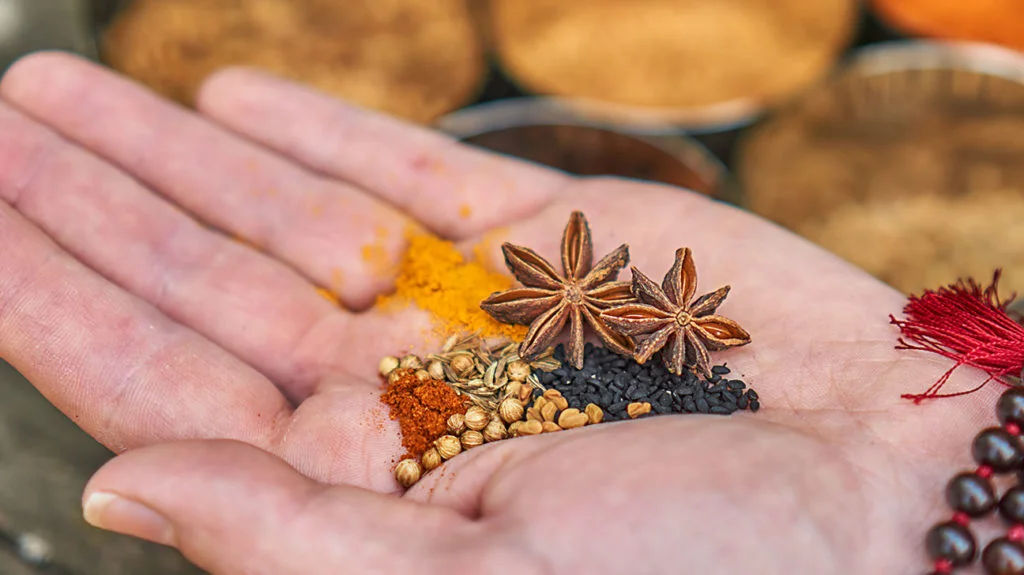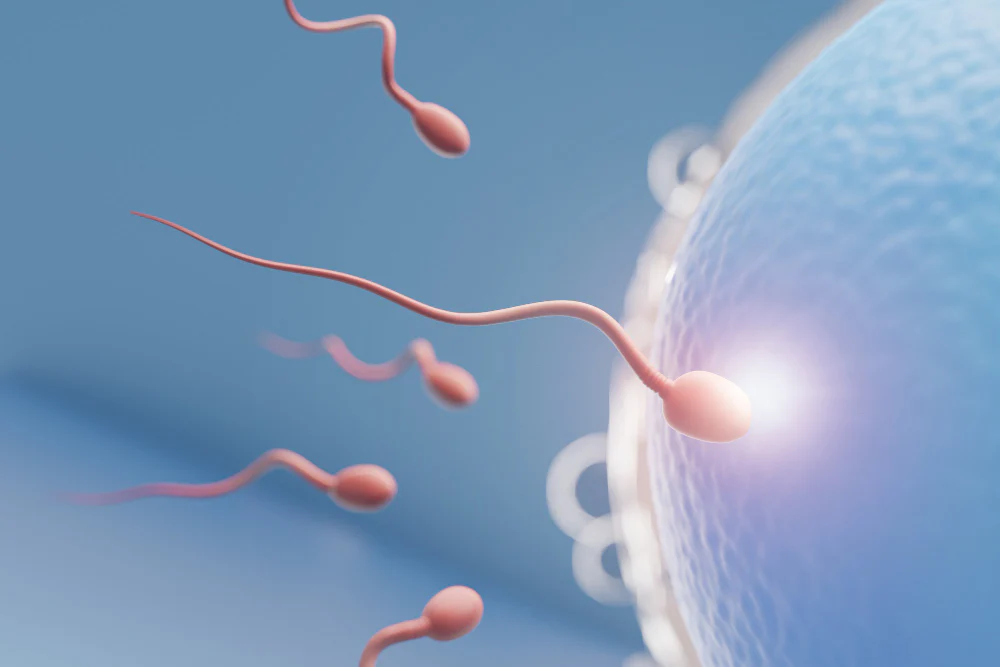Erectile Dysfunction
Erectile dysfunction (ED), as the name suggests, is a medical condition that causes an inability to achieve or maintain an erection for satisfactory sexual performance. The condition mainly affects men older than 40 years and the prevalence of ED increases with age. Some of the common causes of the condition include excessive medication, chronic illness, poor blood flow to the pelvic region, and unhealthy habits such as drinking too much alcohol or excessive smoking.
Most of the time, this condition is temporary and is triggered by stress, performance anxiety, or certain medications. Sometimes it can be due to underlying medical conditions like diabetes, heart problems, depression, and high cholesterol levels. In these cases, it requires intervention by a specialist. Since most men find it embarrassing to discuss the problem with their doctor, they resort to self-medication that can worsen the problem in the long run and harm their overall health.
Pre mature Ejaculation
Premature ejaculation (PE) occurs when a man ejaculates sooner than desired during sex, typically within a short time, often less than 2 to 3 minutes.
Occasional PE is also referred to as rapid ejaculation, premature climax, or early ejaculation. While occasional PE may not raise concerns, it can be frustrating if it affects sexual enjoyment and relationships. If it happens frequently and causes issues, consulting a healthcare provider is recommended.
An Ayurveda ancient science, aims to address diseases at their root to prevent recurrence. Its treatment for premature ejaculation is natural and free of side effects, focusing on herbs, spices, dietary changes, and lifestyle changes.
Low Sperm Count & Quality
The main symptom of low sperm count and motility is difficulty getting a partner pregnant. Motility refers to the ability of sperm to move through a woman’s cervix, uterus, and fallopian tubes.
In some cases, other symptoms may include:
- Erectile dysfunction
- Pain or swelling in testicles
- Other signs of a hormonal abnormality like body hair changes
Low sperm motility
For a pregnancy to occur, a single ejaculation should have at least 40 percent motile sperm. Around 32 per cent of all sperm should move with forwarding progression and in a straight-line motion. The speed of the motile sperm should be at least 25 micrometres per second.
A person with low sperm motility is diagnosed with asthenospermia. If a person has no other issue other than low sperm motility, it may lead to pregnancy. If low motility is associated with other problems like slow progressive motility or non-progressive motility with less than 5-micrometres-per-second movement, the chances of achieving pregnancy are further reduced.
Loss of vigor, vitality , stamina and strength
Vigour in men is defined as exuberant and resilient strength of body or mind. In both the physical and mental sense, vitality refers to a feeling of aliveness. The word vitality is derived from “vita” meaning “life.” In the physical sense, this vitality refers to feeling healthy, capable and energetic. Stamina is the mental and physical ability to sustain an activity over a long period. It is often used to refer to the feeling of being energetic while performing an activity.
Together, Vigour, Vitality and Stamina refer to complete well-being of mind and body to perform at its best.
Role of ayurveda in our well-being
Ayurveda is a natural system of medicine that originated in India some 5,000 years ago. The term Ayurveda is derived from the Sanskrit words ayur (life) and Veda (science). Thus, Ayurveda means the science of life. Based on the idea that disease is due to an imbalance or stress in a person’s consciousness, Ayurveda encourages certain lifestyle interventions and natural therapies to regain a balance between mind, body and environment.
The concepts of the body’s constitution (Prakriti) and life forces (doshas) are the primary basis of Ayurvedic medicine and make it the best medicine for vigour and vitality.




